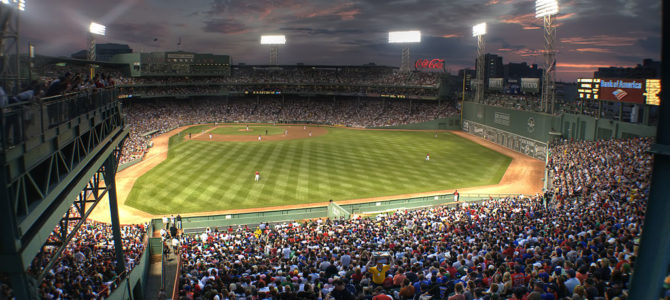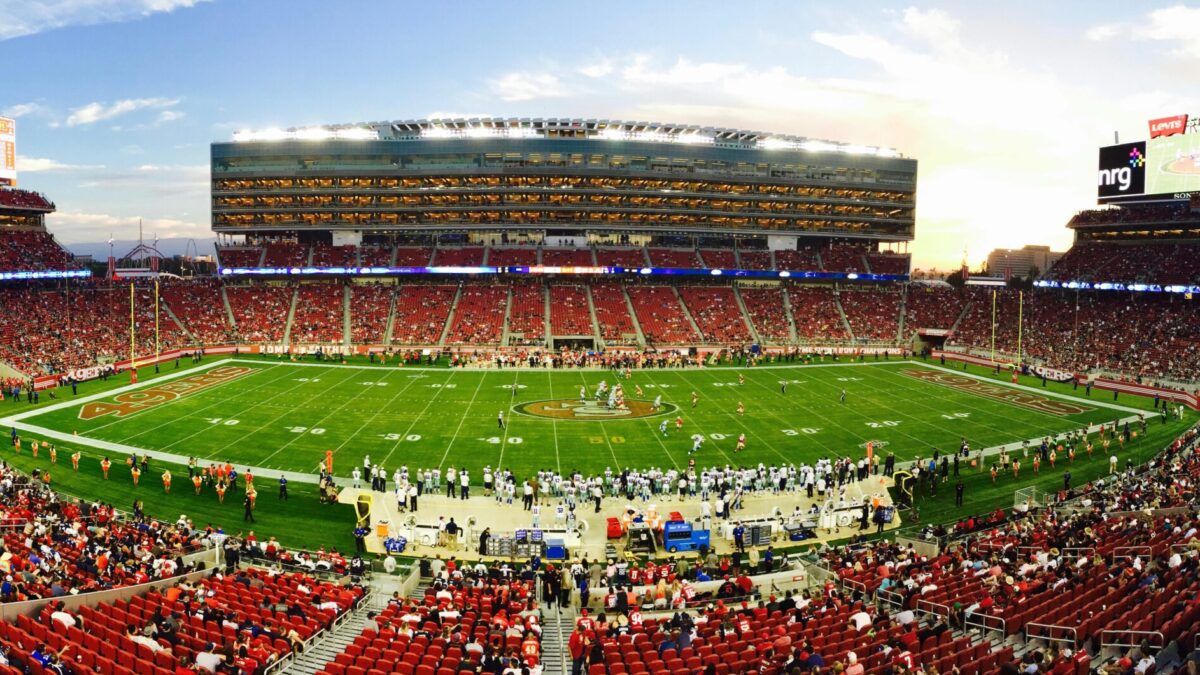
To those of us who regard George Will as America’s best columnist, his recent endorsement of a pitch clock in Major League Baseball was jarring. One would expect the devout traditionalist, lovable curmudgeon, and baseball romantic to resist this revolution like the last Japanese soldier resisted surrender for decades after WWII ended.
Will got his start in journalism as editor of the distinguished magazine dedicated to “stand[ing] athwart history yelling, ‘Stop!’” While defending Augusta National in 2012, he laconically conceded, “Sure, it’s an anachronism. I’m an anachronism in a great many ways.”
In other words, Will knows full well that newer is rarely better. This is not to say institutions shouldn’t adapt and evolve. That is an imperative. But successful ones that withstand the test of time should not easily stray from their basic character, even as they update on the margin.
How A 20-Second Pitch Clock Would Ruin Baseball
Today, MLB executives, some of whom seem to be friendly with Will, are seriously considering several proposals to quicken the pace of play. The worst among those is a 20-second pitch clock, which results in a called ball if a pitch is not thrown by expiry. While baseball might need marginal changes to speed up, it should not fundamentally alter its character by adding a clock to a timeless game.
This season to-date, the average length of games has climbed to the longest on record: three hours and nine minutes. The average game over the last five years is 10 minutes longer than it was during the aughts—problematic, though not itself alarming.
The causes of the slowdown are myriad. One, as Will pointed out, is that pitchers are taking more time between pitches. The average time increased a full second to 23.7 this year, in part because it improves pitchers’ outcomes.
According to FiveThirtyEight, velocity increases 0.3 miles per hour on average when pitchers increase their time lapse from 10 to 27 seconds, though returns also diminish over time. If there are performance or health benefits for pitchers waiting a few extra seconds that we are only just learning, MLB should not be eager to bludgeon them with a hard pitch clock.
Reducing time between pitches by one second reduces game time by 5 minutes, all else remaining equal (it never does). The addition of a pitch clock to parts of the minor leagues ostensibly reduced the time of those games by about 10 minutes (depends exactly whom you ask) in its first two years—but game times began increasing again this year.
Even 10 minutes is only a 6 percent decrease of total game time, so it would not solve most of baseball’s problem and could come at an even higher cost.
More Reasons For Ever-Lengthening Baseball Games
Other factors have lengthened the game, too. The number of pitches per plate appearance has increased by 0.44 over 20 years. That adds about 10 extra minutes to each game.
Directly related is the increase in time-intensive outcomes in baseball. Walks are the most common in five years. Home runs are on pace for an all-time high this year. And strike-outs set new all-time highs each of the last seven seasons and are on pace to do so again in 2017.
These trends reflect the universal influence of sabermetrics on baseball today, and its desire to reduce a pitcher’s need for luck with more strikeouts and a batter’s need for luck with more walks and home runs.
Statistical analysis has probably lengthened the game more than slow pitchers. Maybe we should limit the number of Ivy League stats majors that each franchise can hire to their front office!
Along similar lines, the number of pitchers used per game has increased by 1.0 over 25 years as those very strategists found utilizing more short relievers to be a valuable arbitrage for teams. This paradigm is best illustrated by the 2015 Kansas City Royals, who won their first World Series in 30 years on the back of no superstars and a very deep bullpen.
With more pitching changes every game, MLB should sooner reconsider the need to give eight warm-up pitches to relievers on the field and over two minutes to commercial breaks, as Will says in his column.
And let’s not forget the futurists now pounding the table for pitch clocks did the same for instant replay, which was introduced in 2008 and expanded in 2014. If baseball’s dilemma is as much about aesthetics and flow of the game as its length, two-minute-long instant replays could be more disruptive than an extra second between pitches. Last year, 96-second instant replays 0.64 times per game added about one minute to the average game directly. However, there is little telling how much extra time is added by managers repeatedly delaying each game by telephoning their front office about whether to challenge calls on the field. Unintended consequences abound from major changes.
MLB deserves some credit for limiting replays to two minutes and time for managers to challenge to 30 seconds after each play this season. However, the entire regime remains disruptive to the flow of the game and should sooner be reserved exclusively for postseason games than a pitch clock introduced for all games.
There Are Other Ways To Speed Up The Game
There are still other ways for MLB to put its thumb on the scale of quicker play. It could limit mound visits from the catcher. It could more strictly interpret existing rules limiting batters’ ability to step out of the box—or direct umpires not to heed batters’ calls for time out entirely. It could move the fences back or increase foul territory at ballparks.
Hell, it could even fine the Jonathan Papelbons and Joaquin Benoits of the world for excessive procrastination. Baseball is worried about the economic implications of longer games, so it could transfer some of that cost to slow pitchers, rather than directly influence the outcome of a game with a clock.
Some of the above ideas are more radical than others, and most may even be undesirable. However, none are as bad as the idea of a pitch clock, and here is the basic reason: Baseball is not and has never been a timed game. Adding a clock would profoundly alter its metaphysical underpinnings by changing how the outcome of games are determined. Baseball is a game of thresholds—you must accomplish more (runs) on the field than your opponent given an equal number of chances (outs)—and a pitch clock would change that at the core.
Just imagine: Game Seven…Bottom of the ninth…Tie game…Bases loaded…3-2 count…Time expires! A run is forced and the home team wins! What a dystopian vision for America’s pastime. How could one still call that baseball? There’s no timing in baseball!
Don’t Destroy The Heart Of America’s Greatest Pastime
What unintended consequences would come from this transformation, we cannot know. And the idea that a two-year experiment at two levels of the minor leagues is sufficient to demonstrate that we know enough to revolutionize a nearly two-centuries-old game is nonsense.
Will has himself eloquently praised baseball’s lack of a timer in the past. “The absence of a clock in baseball is a product of the preindustrial sensibility,” he wrote in Men At Work. He is also attributed the line, “Baseball has no clock, no ties, and no liberal intrusions into the organized progression.”
What makes baseball great, not unlike George Will and America writ large, is that its appeal has withstood the test of time. Baseball has been around for more than two-thirds of America’s history—arguably since the Knickerbocker Club codified the “New York style” rules in opposition to the barbaric “Massachusetts Game” (not the last time New York would vanquish Boston) in the fall of 1845. It has itself marked the ebbs and flows of American history with poise.
As Will has also written, the sport’s “essentials … are remarkably unchanged over nearly a century and a half. Of how many American institutions can that be said?” Too few. Let’s not make it one fewer by adding a pitch clock to America’s pastime.
Correction: The Royals’ distance between World Series wins was 30 years, not 20.









